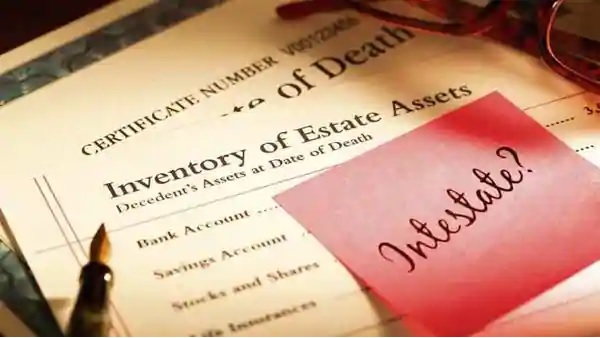
The Private Client team at Cyril Amarchand Mangaldas shares their comments and opinions shared in an article in the following Q&A which was published by the Mint Newspaper on 18th August, 2020 and the online edition of the same can be found here.
My father-in-law had a flat. After his death, the house was transferred in my mother-in-law’s name. He didn’t leave any will. After my mother-in-law dies, will the house be divided and given to their three children or can she give it to any one of them?
—Name withheld on request
We assume that you are Hindu by faith. Note that testamentary succession for Hindus is governed by the Indian Succession Act, 1925 and intestate succession is governed by the Hindu Succession Act, 1956. We assume that the property is registered in the mother-in-law’s name.
Post her demise, and in case she has not executed any testamentary document, the property would be divided equally among Class I heirs. Class I heirs of a female dying intestate would be her husband and children. Thus, upon her demise, the property would be divided between her children equally.
She may execute a will, bequeathing the property to any person she wishes. Further, she may also conduct a lifetime transfer of the property such as transfer to a trust for the benefit of her children, or even a direct lifetime gift to one of her children. We recommend she contacts a counsel and prepares a suitable will.
My grandfather had bought a property and made a house in my mother’s name. My mother’s sister was staying with us and my grandfather in this house. After his death, we found a written will by him on a paper stating that he is giving the property and the house to the sister with my mother’s consent. The will isn’t registered or signed by a witness. Is this document valid as my mother did not agree to what’s written?
—Name withheld on request
Section 63 of the Indian Succession Act (ISA), 1925 lays down the essentials for a valid will. A will can be executed by any person by affixing their signature, which would then need to be signed by two witnesses. It is not mandatory to register a will. Hence, the will executed does not meet the requirements and would not be valid. Hence, this property would be bequeathed in accordance with the intestate succession law.
Accordingly, upon the demise of your grandfather, his property would be divided equally among class I heirs—his wife and children. The property would be divided equally between your mother and her sister. Further, depending on the location of the property and other assets forming part of your grandfather’s estate, his heirs may file for letters of administration or succession certificate, as may be required to inherit the said assets.